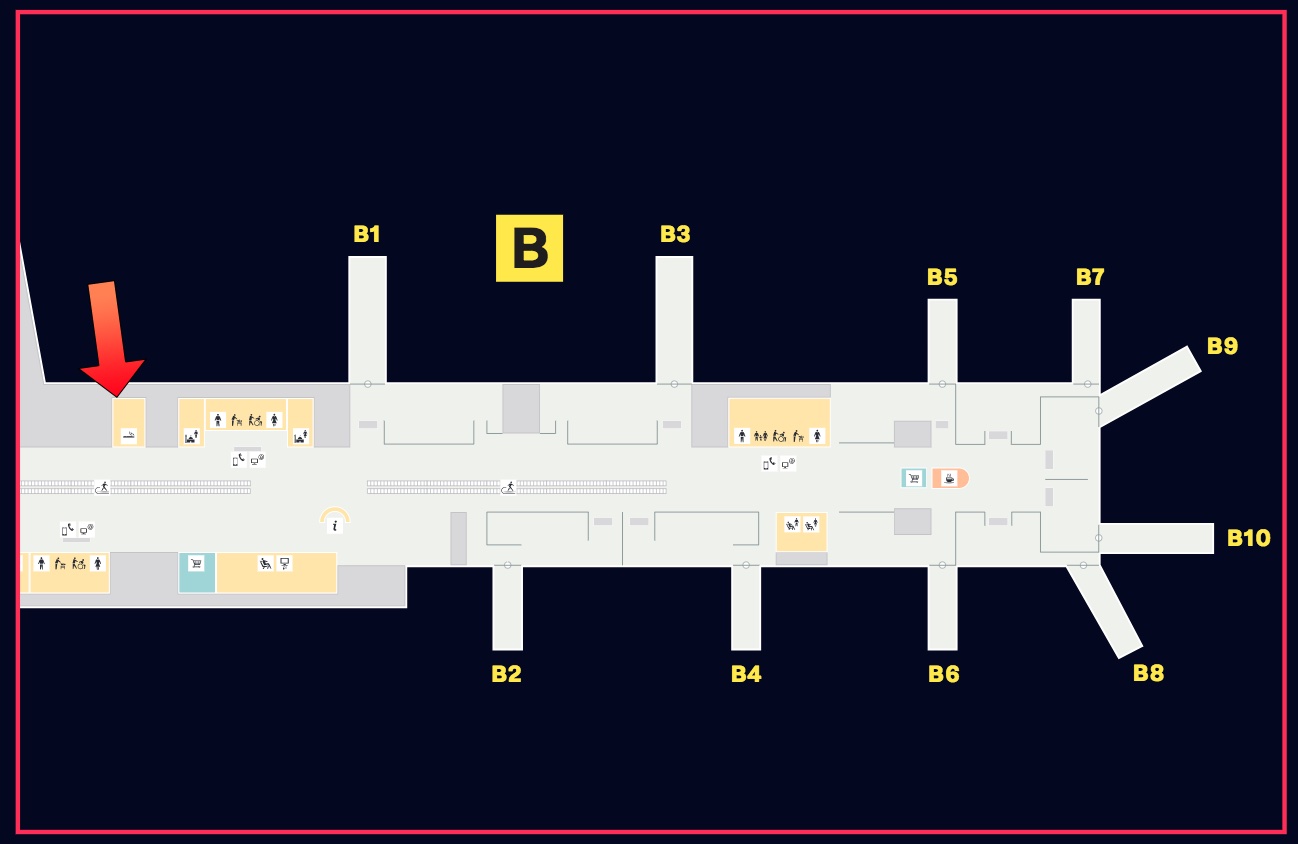

Historically speaking, when it comes to meeting customer needs with convenient and delicious culinary innovations, Chinatown restaurateurs have proven to be visionaries. In some ways, the Chinese restaurants of San Francisco were particularly well positioned to weather this pandemic. The neighborhood’s longest surviving restaurants will literally keep Chinatown alive. “Money” is flowing, thanks to an innovative $1.9 million Chinatown food voucher program. Lunar New Year is certainly the neighborhood’s busiest time of the year - a year that has been anything but normal, and businesses have suffered mightily.īut the streets were bustling, shops were doing brisk business, people stood in long (socially distanced) lines for matcha and baked goods, and the joyous sound of firecrackers were ubiquitous. SF Weekly recently visited Chinatown as locals prepared to mark the Year of the Ox, and we found the desperate depictions of Chinatown to be overblown.

“Of all of the communities that are going to rebound first in the city and County of San Francisco, Chinatown is at the top of that list,” Chinatown’s district supervisor Aaron Peskin told a crowd at a Lunar New Year celebration last week. Just as it did in the wake of the 1906 earthquake and fire, the Great Influenza of 1918, and Y2K dot-com bust, San Francisco will recover from this pandemic. After the passage of a $1.9 million Chinatown stimulus package and a remarkable drop in COVID-19 case counts, Far East has announced it will not close after all, and the return of outdoor dining has drawn hungry patrons back to restaurants throughout the city. However, as we transition into the Year of the Ox, there are glimmers of hope to be glimpsed through the Dragon’s Gate. As COVID cases were surging and Bay Area hospitals were stretched dangerously thin, it looked as if Far East Cafe was in for a repeat of the previous January and February, when it had to call off 200 reservations and lost about $100,000 in revenue. The restaurant’s owner Bill Lee made the announcement in mid December. Fueled in large part by our former president, anti-Asian sentiments have not only driven customers away from the neighborhood - it is also suspected to have led to acts of violence and vandalism around the city. In addition to facing the same challenges all local businesses have, Chinatown has also had to grapple with a rise in sinophobia.

Banquet halls, accustomed to raking in profits in the runup to the Lunar New Year, were dealing with a flood of cancelled reservations and empty tables. In January and February of last year - well before San Francisco’s mid-March shelter-in-place order - Grant Avenue and the surrounding neighborhood saw a significant drop in visitors. The international press had a similar take, as The Guardian noted that COVID-19 had turned the neighborhood into a “ghost town.” “The country’s oldest Chinatown is fighting for its life,” reads a November headline from the Washington Post. San Francisco’s Chinatown had a catastrophic Year of the Rat.īetter known to those of us only familiar with the Gregorian calendar as the abomination called 2020, the past 365 days came down on Chinatown like a ton of bricks, making headlines around the world.


 0 kommentar(er)
0 kommentar(er)
